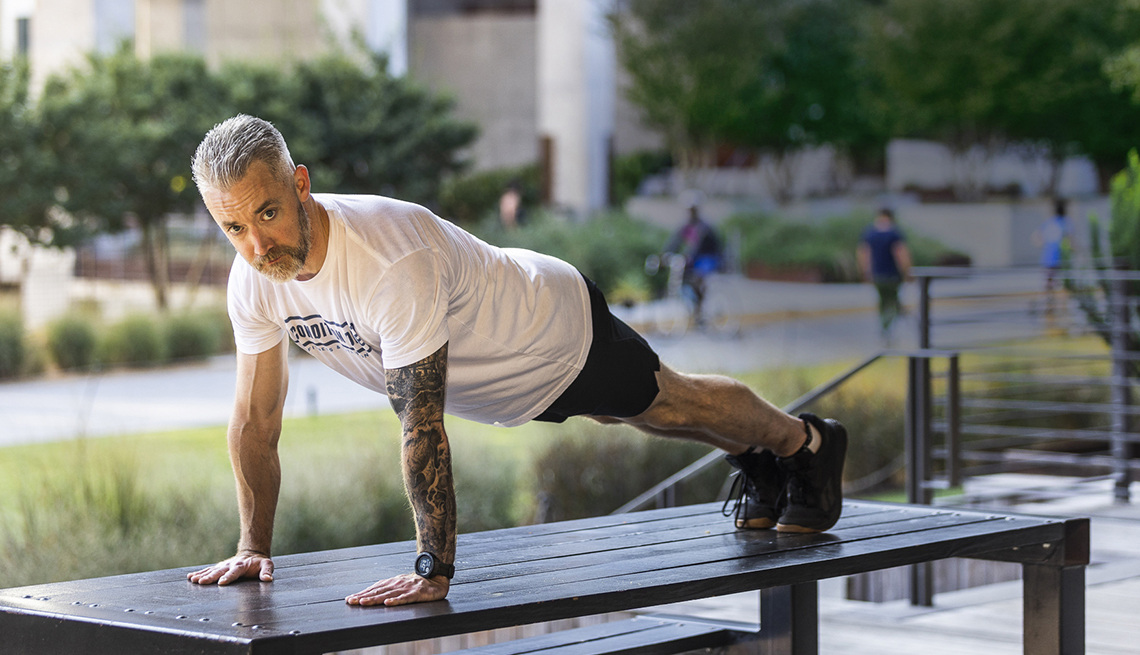
- Select a language for the TTS:
- UK English Female
- UK English Male
- US English Female
- US English Male
- Australian Female
- Australian Male
- Language selected: (auto detect) - EN
Play all audios:
The other question mark is when we'll have a vaccine that's approved for children, says Christopher Murray, M.D., director of the Institute for Health Metrics and Evaluation at the
University of Washington in Seattle. The Pfizer-BioNTech vaccine is authorized for use in people 16 and older, while vaccines from Moderna and Johnson & Johnson are authorized for
adults 18 and older. Although testing in children has started, health officials anticipate the vaccines may not be available to them until late 2021 or 2022. Children “are a quarter of the
population,” Murray points out. To reach herd immunity, Murray believes, “we first need to get a vaccine for kids, and then have close to 80 percent of kids and adults be vaccinated."
2. HOW LONG NATURAL IMMUNITY LASTS If you factor in Americans who have immunity from past coronavirus infections, the country could potentially reach herd immunity faster, some experts say.
Marty Makary, M.D., of the Johns Hopkins School of Medicine and Bloomberg School of Public Health in Baltimore, writing recently in the _Wall Street Journal_, estimated that about 55 percent
of all Americans likely have some natural immunity. When you combine that with the pace of vaccinations, he predicted that coronavirus infections would drop to an extremely low level by
this spring. "As more people have been infected, most of whom have mild or no symptoms, there are fewer Americans left to be infected,” Makary wrote. “At the current trajectory, I
expect COVID will be mostly gone by April, allowing Americans to resume normal life." Others say that's too optimistic, noting that the number of Americans who have natural
immunity may not be that high and that no one knows how long natural immunity lasts. "There is data that indicates even if you've been infected, you can still be reinfected,” says
Louis Mansky, Ph.D., director of the Institute for Molecular Virology at the University of Minnesota in Minneapolis. “The type of immunity that you get from an infection is not as good as
what you get from the vaccine.” 3. MORE CONTAGIOUS VIRUS VARIANTS Mansky and Murray says they believe variants — new strains of the coronavirus that are more transmissible — are the biggest
factor that could lengthen the time it takes to get us back to normal. The current COVID-19 vaccines have been found to work against some variants, including B.1.1.7., the strain first found
in the United Kingdom and that is now in at least 44 U.S. states. But a few, such as a variant first identified in South Africa, appear to have more ability to evade vaccine protection and
natural immunity. Vaccine makers are working on boosters to protect against the strains. Meanwhile, we are in a race, Mansky says, to vaccinate as many people as possible quickly, before the
variants can take hold. That's also why it's so important to continue to take precautions like social distancing and wearing a mask, he added.







